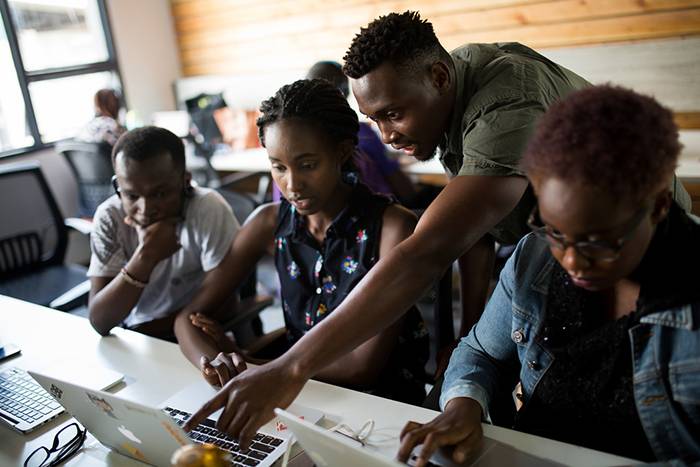Utilizing
Educational Technology for Personalized Learning
Educational technology has revolutionized the way teachers
approach personalized learning, tailoring instruction to meet the unique needs
and interests of each student. By leveraging the power of digital tools and
resources, educators can create individualized learning experiences that
promote engagement, mastery of content, and academic success.
One of the key benefits of using educational technology for
personalized learning is its ability to provide adaptive learning pathways.
Adaptive software and platforms can assess students' strengths and areas for
growth, adjusting the pace and difficulty of instruction accordingly. This
allows students to progress through the material at their own speed, ensuring
mastery before moving on to the next concept.
Furthermore, digital tools offer a wealth of resources to
support diverse learning styles and preferences. Visual learners can benefit
from multimedia presentations, videos, and interactive simulations that bring
concepts to life. Auditory learners can access audio recordings, podcasts, or
online lectures, while kinesthetic learners can engage with interactive
activities, virtual labs, and hands-on simulations.
Another advantage is the opportunity for real-time feedback
and assessment. Educational technology enables teachers to monitor students'
progress, track performance on assignments, and identify areas where additional
support is needed. This immediate feedback loop allows for timely
interventions, personalized remediation, and targeted enrichment activities to
ensure each student's success.
Moreover, the use of educational technology promotes student
autonomy and ownership of learning. Through digital platforms, students can set
learning goals, track their progress, and access resources that align with
their interests and learning preferences. This level of autonomy fosters a
sense of responsibility and self-directed learning skills, preparing students
for success in an ever-evolving, digital world.
Collaborative learning experiences are also enhanced through
educational technology. Virtual classrooms, discussion forums, and
collaborative tools enable students to work together on projects, share ideas,
and learn from each other's perspectives. This fosters a sense of community and
encourages the development of essential 21st-century skills such as
communication, teamwork, and problem-solving.
In conclusion, educational technology offers a wealth of
opportunities for personalized learning experiences. By providing adaptive
pathways, catering to diverse learning styles, offering real-time feedback,
promoting student autonomy, and enhancing collaboration, educators can create
engaging and effective learning environments that empower students to reach
their full potential.




No comments yet
Be the first to share your thoughts!